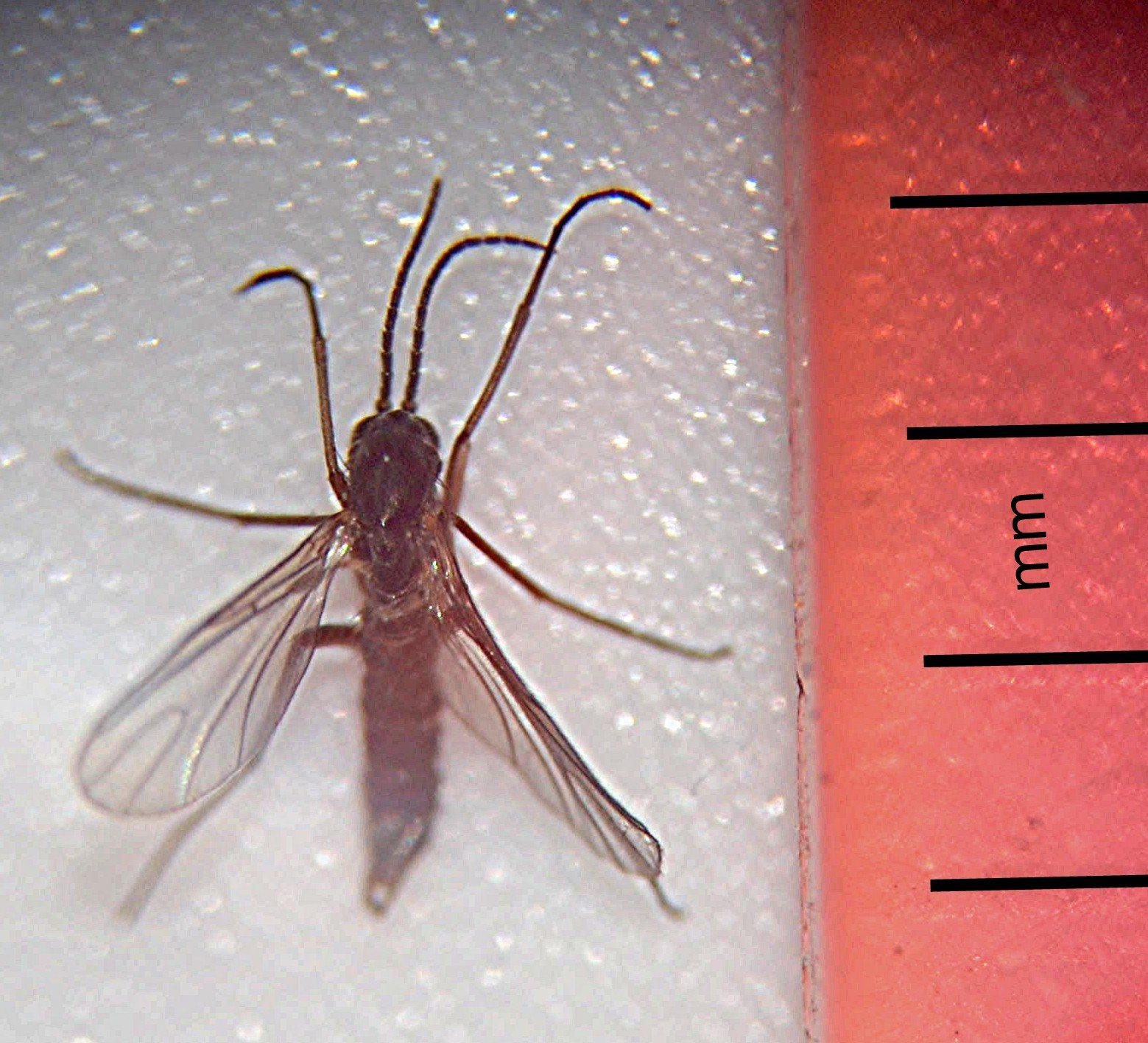8 Environmental Benefits of Living in a Tiny Home
/There are many ecological advantages to living in a smaller dwelling. Reducing your footprint in the world is just one of the surprising benefits of downsizing to a tiny home. A tiny home is a small house that can provide all the basic needs of a family or individual without consuming as many resources as a larger house would. require. There are no specific standardized or legal definitions of what constitutes a "tiny house," but the term has generally been used to describe homes on wheels, made with recycled materials that require less energy than typical housing.
Read More





































